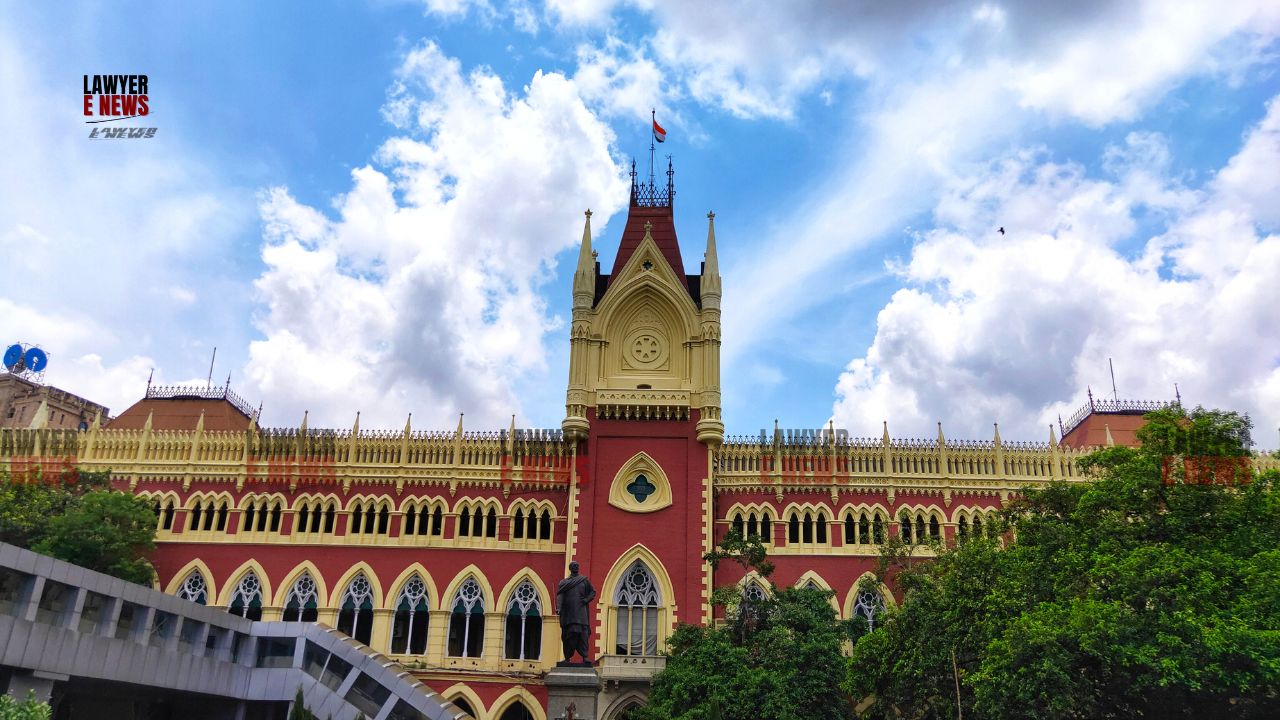-
by Admin
15 February 2026 5:35 AM



On September 13, 2024, the Calcutta High Court delivered a significant ruling in the case of Union of India & Ors. vs. Ravindra Kumar Singh, addressing the issue of dismissal based on alleged forgery and misconduct. The court ruled in favor of Ravindra Kumar Singh, setting aside his dismissal from the Coast Guard service and ordering his reinstatement. The judgment emphasized the importance of concrete evidence over suspicion in disciplinary proceedings.
Ravindra Kumar Singh, a member of the 700 Squadron Bagjola Kolkata in the Indian Coast Guard, was dismissed from service on September 8, 2004. The dismissal was based on allegations that he had submitted a forged salary certificate to Citibank for a loan application. The case against Singh included a charge sheet issued under Section 33 of the Coast Guard Act, 1978. An inquiry into the matter revealed discrepancies in the salary certificate, but the evidence was inconclusive.
The central legal issue revolved around whether Singh's dismissal was justified in the absence of definitive proof of his involvement in the alleged forgery. Singh argued that the charges were based solely on presumption and suspicion without conclusive evidence. The Coast Guard authorities maintained that dismissal was warranted given the nature of the charges and Singh's role in a disciplined force.
The court observed that the initial decision to dismiss Singh was based on mere suspicion and lacked solid evidence. It noted that the Examiner of Questioned Documents could not conclusively link the alleged forgery to Singh due to the poor quality of the xerographic reproduction of the salary certificate. Additionally, the expert opinion and witness testimonies were not sufficient to prove Singh's guilt beyond a reasonable doubt.
The Calcutta High Court affirmed the decision of the single judge to set aside Singh's dismissal but overturned the part of the judgment that granted the approving authority the liberty to reconsider the matter. The court held that there was no legal evidence on record to link Singh to the alleged charges and emphasized that the suspicion could not be treated as proof. It criticized the Coast Guard authorities for acting on presumptive conclusions rather than concrete evidence.
The court also addressed the issue of back wages, ordering the Coast Guard authorities to disburse 50% of the back wages to Singh from the date of dismissal until reinstatement. The court directed that Singh be reinstated within six weeks and treated as if no dismissal order had ever been issued.
The Calcutta High Court's judgment in this case underscores the principle that disciplinary actions must be based on solid evidence rather than suspicion. The ruling sets a precedent for ensuring that members of disciplined forces are not subjected to punitive measures without concrete proof of misconduct.
Date of Decision: September 13, 2024
Union of India & Ors. vs. Ravindra Kumar Singh
